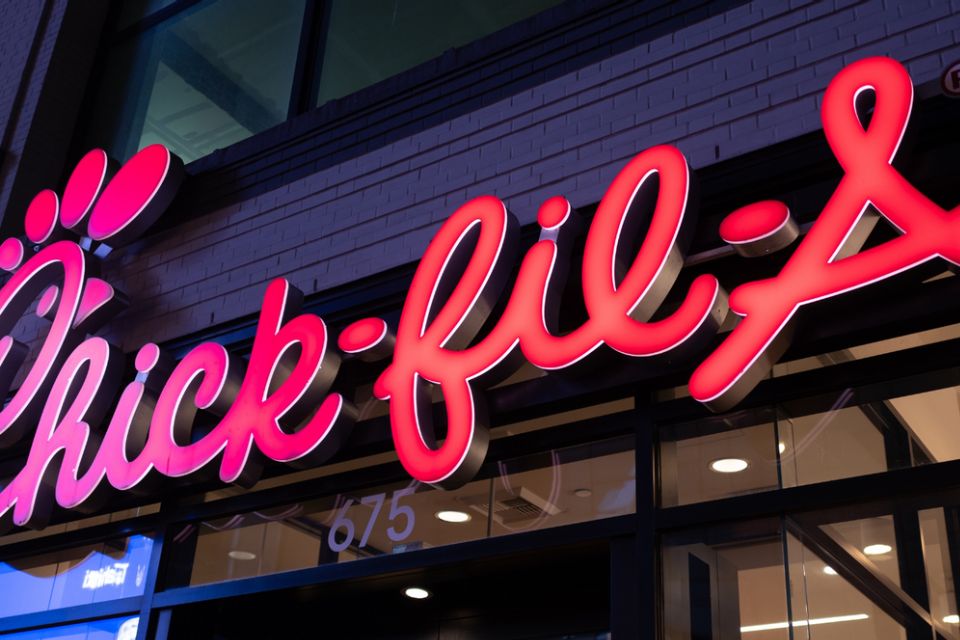
Chick-fil-A, a beloved fast-food chain, is known for its exceptional customer service and commitment to quality. If you’re considering a job at this company, you might wonder, “Does Chick-fil-A drug test?” Understanding their policies regarding drug tests is crucial for potential employees, as it ensures transparency and helps applicants prepare accordingly. state laws influencing them, and their overall impact on employment and workplace culture.
Does Chick-Fil-A Drug Test?
Chick-fil-A might implement drug testing, though the method can differ depending on the location and the position. Being a franchise-based organization, individual franchise owners determine their own policies, including those related to drug testing. Typically, drug testing is more prevalent for management roles or positions that involve safety-sensitive responsibilities. The goal of these policies is to promote a safe and efficient workplace, ensuring that employees adhere to the company’s ethical and professional standards. Nevertheless, not all Chick-fil-A locations require drug testing for their hiring or employment procedures.
Policies Of Chick-Fil-A Drug Tests
Chick-fil-A’s policies of drug testing depend primarily on the franchise operator and local guidelines. Most franchises have adopted a flexible approach, conducting drug tests only when necessary. Here are some key aspects of:
- Pre-Employment Testing: Some locations may require applicants to undergo drug testing before hiring, especially for higher-level roles.
- Random Testing: In rare cases, random drug tests may be conducted during employment to ensure compliance with workplace standards.
- Post-Incident Testing: Employees may be required to take a drug test after workplace incidents to rule out impairment as a contributing factor.
When & Why Drug Testing May Be Required
Drug tests at Chick-fil-A are usually carried out under specific circumstances to address potential risks and maintain a safe environment. Common scenarios include:
- During Hiring: Applicants for managerial or safety-critical roles might undergo pre-employment drug screening.
- Following Workplace Accidents: If an incident occurs, drug tests may be used to determine if substance use played a role.
- Performance Concerns: Employees displaying signs of impaired performance may be asked to take a drug test to address concerns.
These tests aim to protect employees, customers, and the brand’s reputation while fostering a safe and reliable work environment.
State Laws & Their Impact On Chick-fil-A
Drug testing regulations vary by state, and Chick-fil-A franchises must comply with these laws. States like California and New York impose stricter rules on drug testing, requiring clear justification and transparency. On the other hand, states with more lenient laws may allow broader testing practices. Additionally, states where marijuana is legalized may complicate the policies of drug tests. Employers, including Chick-fil-A, must navigate the fine line between respecting legal substance use and maintaining a drug-free workplace.
Step-By-Step Guide To The Drug Test
If you’re applying for a role that requires a drug test or expect one during employment, here’s how you can prepare:
- Understand the Policy: Research the specific franchise’s drug testing practices before interviewing.
- Abstain from Substances: Avoid using any substances that might appear on a drug test, even if they’re legal in your state.
- Review Medications: Some prescription medications can trigger false positives. Inform the testing center about any prescriptions beforehand.
- Stay Informed: Familiarize yourself with your rights under state laws to ensure fair testing procedures.
Impact Of Drug Testing On Employment
Drug testing can influence employment at Chick-fil-A in several ways. A positive test result may disqualify candidates or lead to termination for existing employees, depending on the circumstances. On the other hand, consistent testing helps the company ensure a safe and productive work environment. For employees, the presence of drug testing can instill a sense of accountability and professionalism. However, some may view it as an invasion of privacy, highlighting the need for clear communication and ethical testing practices.
Maintaining A Drug-Free Workplace: Chick-fil-A’s Approach
Chick-fil-A places a strong emphasis on fostering a positive and drug-free workplace. The company prioritizes education by providing employees with resources and training to help them maintain sobriety. Chick-fil-A offers support systems for those struggling with substance use, including assistance programs designed to guide employees toward recovery and better health. Additionally, clear communication is a cornerstone of their approach, as the company ensures that policies related to drug tests are transparently outlined during the hiring process and throughout employment. These combined efforts underscore Chick-fil-A’s commitment to upholding its core values and promoting the well-being of both employees and customers.
Wrapping Up
While Chick-fil-A’s policies of testing may vary by location, they are vital in maintaining workplace safety and professionalism. Understanding these policies and preparing accordingly can help applicants and employees align with the company’s expectations. By balancing compliance with state laws and ethical practices, Chick-fil-A continues to prioritize its employees’ and customers’ well-being.
FAQs
Does every Chick-fil-A location require drug tests?
No, it depend on the franchise owner and local regulations.
What substances are typically tested for?
Drug tests commonly screen for substances like THC, amphetamines, opioids, and alcohol.
Can I refuse a drug test at Chick-fil-A?
You can refuse, but this may impact your employment prospects or result in termination.
Does Chick-fil-A test for marijuana in states where it’s legal?
Policies vary. Some locations may still test for marijuana, even in states where it’s legal.





